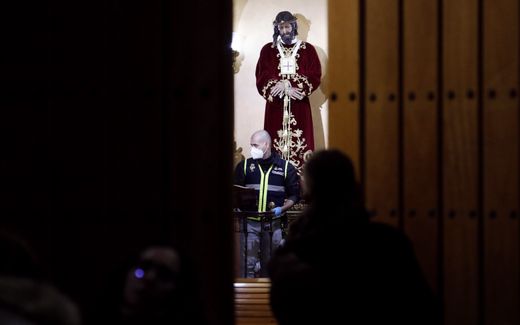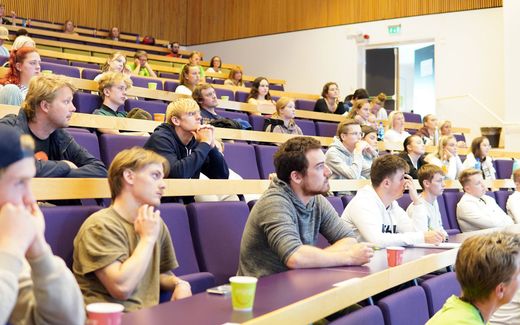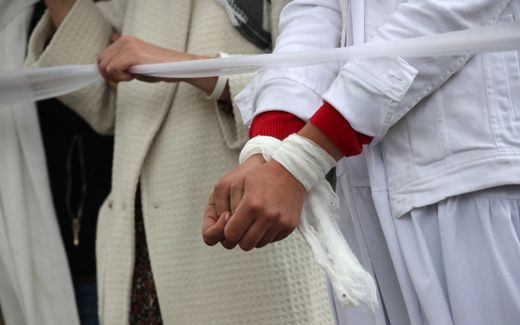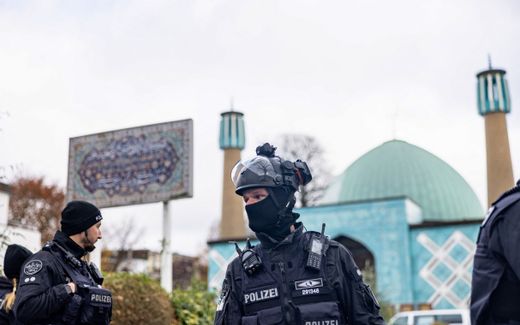Why European Christians are experiencing increasing pressure
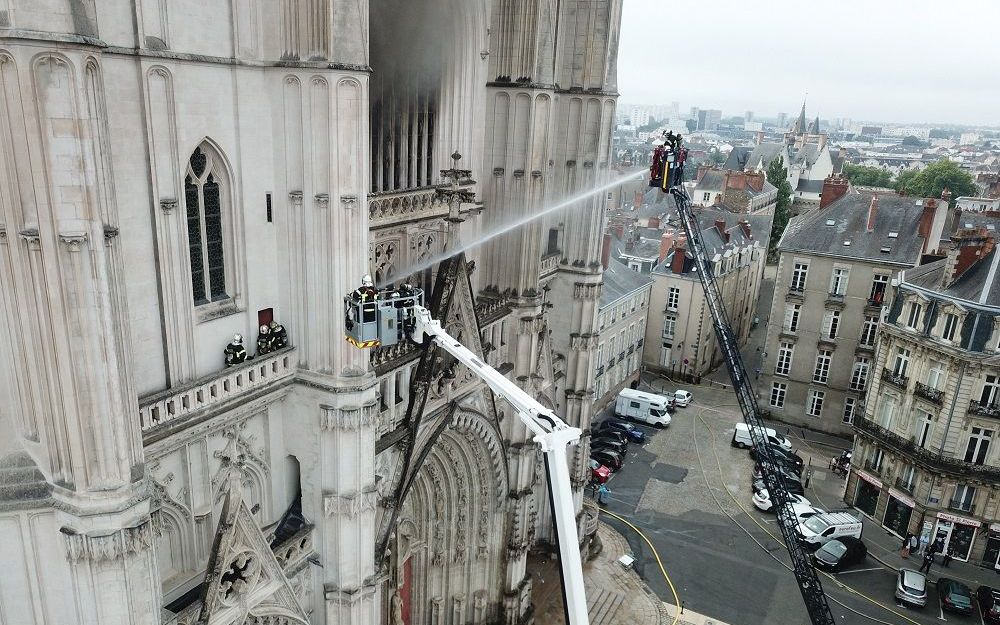
Smoke rising from the Cathedral of St Peter and St Paul in Nantes in 2020 after a fire broke out in the gothic building before being brought under control, sparking an arson investigation. Photo AFP
European Union
The number of hate crimes against European Christians is rising, a watchdog reports. Why is that?
Over 40 per cent. That is the scope of the increase in reported hate crimes against Christians, says the Observatory on Intolerance and Discrimination against Christians (OIDAC). These include physical attacks and vandalism.
Arson attacks on churches grew by 75 per cent. In addition, the Austrian institute argues that Christians with traditional views are increasingly coming under pressure in parliament or court. They have to answer for their beliefs in court or find themselves squeezed by broadly worded legislation.
Mushrooms
The Vienna watchdog's observations come at a time when polarisation is growing. This is reflected in the increasing number of political parties. Whereas in the past, people from all sorts of backgrounds were united in a party, in recent years, one-issue parties have entered the political arena by force. Their focus on one specific theme, such as climate, social inequality or immigration, creates deeper divisions, causes disagreements between opponents to grow.
These divisions surround the traditional Christian. He does not go along with changing world views on marriage, sexuality and medical-ethical issues such as abortion and euthanasia. This puts him right up against the political discourse, especially in Western Europe, which values these new values highly. A lawsuit like the one recently brought against Finnish politician Päivi Räsänen is a logical consequence. Clashing worldviews in which people no longer understand each other lead to confrontations in court or parliament. However, a functioning rule of law provides Christians like Räsänen with space to continue sharing their convictions.
Target
In theory, of course, such confrontations need not lead to violence. And yet, that too is on the rise. Although there are no European figures, most countries individually do seem to see a rise in hate crimes. That is a crime motivated by prejudices, which occurs when an offender targets a victim because he or she belongs to a particular social group.
A Christian belongs to such a social group. He has different customs and interests than most people. In 2023, however, the Christian lives in the midst of a secularising environment. His group is shrinking, while everywhere in European villages and cities, traditional identity markers are still visible: the churches. And these are often targets of violence. Vandalism is by far the most common crime, according to the OIDAC report, followed by theft and arson.
However, it is not just Christians who are bearing the brunt. A quick look at news headlines shows that other minorities are also under growing pressure: Jews, Muslims, and ethnic minorities. Catalysts for this hardening abound: a pandemic and technological progress are key factors. In the end, they seem to boil down to one thing above all: individualisation. Keeping the peace requires self-sacrifice.
Related Articles


